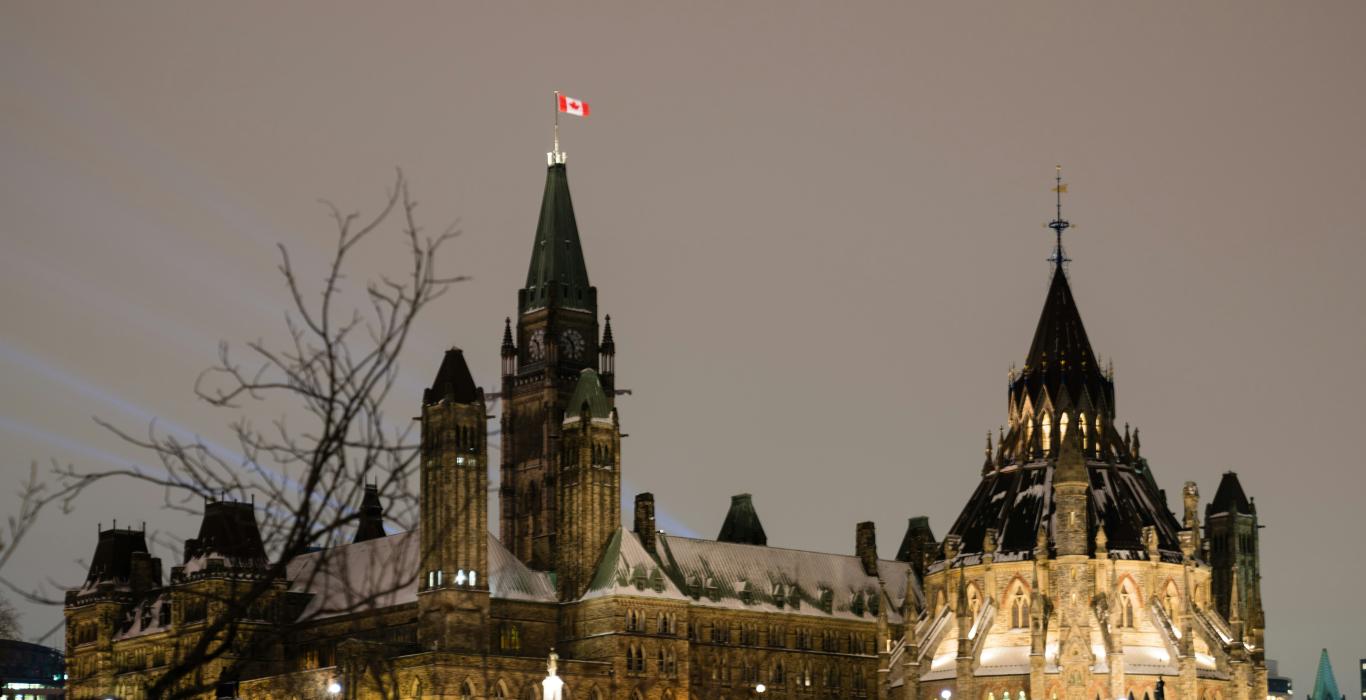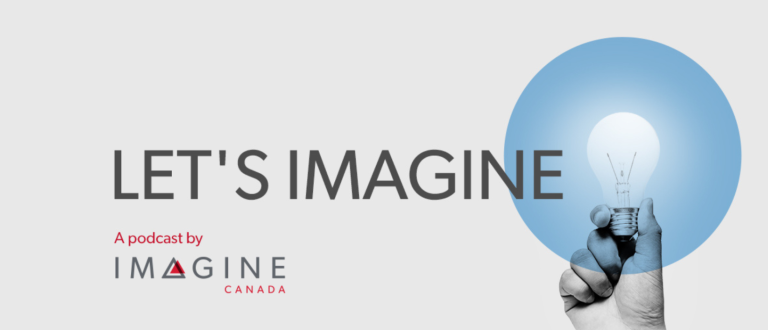Though it’s only been a few short months since the last edition of this quarterly blog series, a lot has changed. As the old year died and the new year was born, political events at home and abroad created significant political and economic uncertainty that will impact nonprofits and the communities we serve throughout 2025.
Threat of American tariffs looms over Canadian economy
In December, Canada’s inflation rate fell to 1.8%1, positive news for a country that has been struggling with a cost of living crisis over the past several years. However, this positive economic development happened around the same time as then President Elect Donald Trump began threatening to impose 25% tariffs on all imports from Canada. In the latest edition of the Canadian Survey of Business Conditions, 24% of businesses economy-wide indicated that they expected their trade with other countries to be impacted by international events.2
Scotiabank analyzed several scenarios for US-imposed tariffs, accompanied by full Canadian retaliation. At 25% tariffs, Canada’s GDP could decline by 5.6% by early 2027. In the same analysis, Scotiabank predicted that Canada will face core inflation of 4.1% due to the tariffs. The Business Data Lab simulated the economic impacts of 25% tariffs levied by the United States and estimated that with full retaliation, the tariffs would cost Americans $1,300USD each and Canadians $1,900CAD each.
If there is an economic downturn, it would impact the sector financially and in terms of demand for programs and services.
If individuals feel the impact of a recession, it is likely to result in them donating less to charity and spending less at social enterprises. If Canadian businesses take a financial hit due to tariffs we may see a reduction in corporate giving. If the markets are down, then funding from philanthropic foundations may contract as well. Unfortunately, most of the nonprofit sector’s funding sources follow economic trends, meaning that when the country is facing economic troubles and demand for the sector’s services rise, the sector has less resources than before to meet that demand. Government funding from all levels is one of the few counter cyclical sources of sector funding, but whether governments will step in to fill funding gaps is an open question, especially at the federal level where there is so much uncertainty.
Demand for certain services, such as food banks, is already at historic highs, and a recession could further compound the cost of living and housing crises and worsen food insecurity. This will put additional strain on organizations that are already stretched beyond their capacity and may mean that individuals who need services are unable to access them.
Domestic political uncertainty to continue for the first half of the year
The end of 2024 and first few days of the new year brought a rapid series of significant political developments: the resignation of Chrystia Freeland, former Deputy Prime Minister and Minister of Finance; a cabinet shuffle; the announcement of Justin Trudeau’s plan to resign as both Prime Minister and Liberal leader; a resulting Liberal Party leadership race, and a prorogation of Parliament until March 24, 2026.
These events brought new uncertainties, such as who the Liberal Party will choose as their leader and how that person will perform in public opinion polling and an eventual election. However, they also bring more certainty around other open questions such as the timing of Canada’s next federal election. When prorogation ends, the new Prime Minister will either need to face a confidence vote that they are unlikely to win based on the public statements of opposition parties to date or choose to dissolve parliament and go right to an election. Based on Canada’s election rules, this means (barring other surprising developments), Canadians will likely head to the polls to choose our next federal government in early to mid May. Additionally, they’ll have at least one, and maybe two new Prime Ministers this year after almost ten years with Justin Trudeau at the helm.
Concretely, these events will impact the nonprofit sector in a variety of ways. During prorogation, no laws can be passed by Parliament. The government and MPs are still at work, but will be aware that the statutorily required election is fast approaching. In some cases, they may rush to finish work before their time in their current roles end, while in others, they’ll refocus on the leadership election (in the case of the Liberals) and preparing for the election campaign. It will be challenging to advance any long-term or complex policy priorities over the first six months of 2025. This difficulty is compounded in some policy areas by the cabinet shuffle that occurred just prior to the holidays, resulting in resets on many relationships with ministries and potential lost time as new staffers and ministers get up to speed on existing files or choose to focus on new priorities.
During the federal elections, the government will be in caretaker mode. This means that government only carries out necessary public business, and avoids taking decisions that would bind the next government. Among other things, this could impact the sector by delaying certain decisions, potentially including funding decisions.
No matter which party wins, Trudeau’s resignation means that this will be a change election. The new government will bring different policy priorities, changes to investments in the nonprofit sector, and potentially changes to the laws and regulations that charities and nonprofits are required to follow. The nonprofit sector will need to work hard to build relationships with the new government, educating decision makers about our sector’s contributions and public policy priorities.
What are your biggest concerns and priorities going into 2025?
This blog post has focused on uncertainty, and our team is still making sense of how the changing political and economic situation will impact nonprofits. We would love to hear from the sector about the major opportunities and threats you see for the sector this year, and what your priorities are as you navigate this constantly changing context. Please get in touch with us at [email protected] to share your thoughts!
1 Statistics Canada. Consumer Price Index, December 2024.
2 Statistics Canada. Table 33-10-0904-01: Impact expected on business' or organization's trade due to international events over the next 12 months, fourth quarter of 2024.


